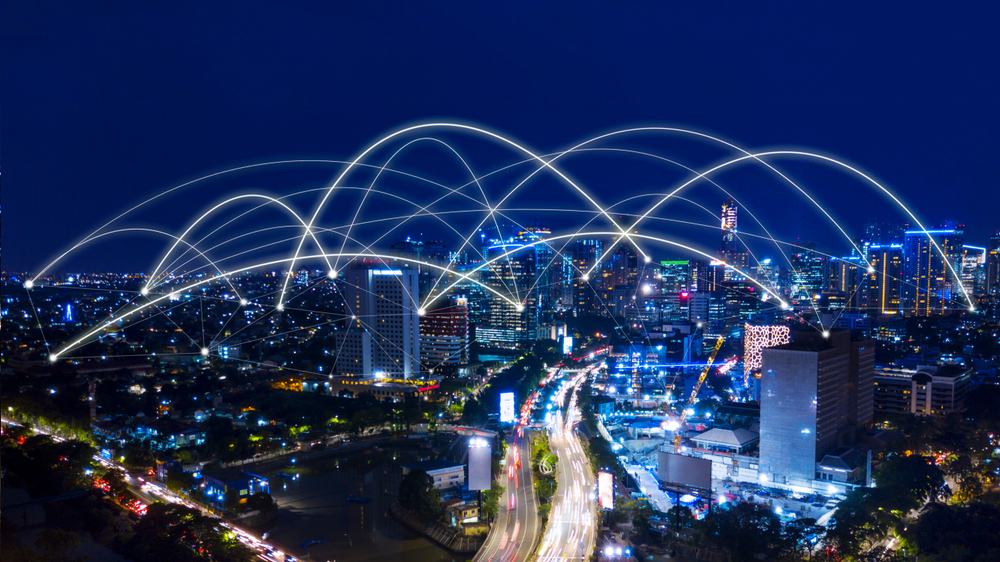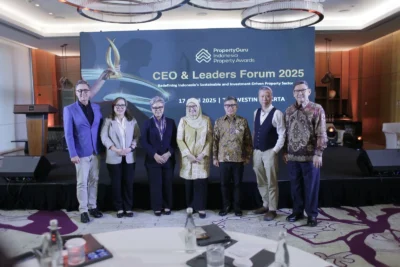Indonesia’s younger generation, as digital natives, play a huge role in the country’s digital economy
There are three priority issues being addressed during G20 Indonesia 2022, including digital transformation

According to the seventh e-Conomy SEA report by Google, Temasek and Bain & Company, Indonesia’s digital economy reached USD77 billion in gross merchandise value (GMV), expanding at a rate of 22 percent YoY. By 2025, this number is projected to increase to USD130 billion.
E-commerce, its key driver, is set to reach USD95 billion by 2025.
The report also revealed other growth enablers, including the digital transformation of SMEs across both front-end channels and back-end processes; improved nationwide logistics infrastructure; and government mandate towards digital inclusion.
There are three priority issues being addressed during G20 Indonesia 2022, including digital transformation, reported The Jakarta Post. This topic could not have been more timely, as global economy is still recovering from the COVID-19 pandemic and facing additional macroeconomic difficulties.
More: Indonesia’s digital economy set to reach $330 billion by 2030
Indonesia will also have the opportunity to contribute to a more inclusive global economic recovery while influencing the global agenda.
There is a huge potential for growth in Indonesia’s digital economy. The move from 4G to 5G can further boost Indonesia’s digital economy through improvements in speed, latency, reliability, and efficiency, as well as a cost-to-serve advantage over 4G.
The benefits of high-speed, ultra-low latency, and improved connectivity can extend to several sectors, including telemedicine, gaming, entertainment media streaming, and AR/VR.
Meanwhile, ANTARA News noted that Angela Tanoesoedibjo, Deputy Minister of Tourism and Creative Economy, urged the younger generation to play a crucial role in the digital economy’s development.
The younger generation, as digital natives, should continue to develop their skills to boost their competitiveness in the society’s 5.0 era, according to Tanoesoedibjo.
“[Members of] Indonesia’s younger generation must improve their digital literacy because they must be able to take [on] an essential role in the development of a digital-based economy in the future,” she noted in a statement on Wednesday.
Digital economy in Southeast Asia is set to reach USD200 billion in GMV this year, three years earlier than 2016 estimates.
The Property Report editors wrote this article. For more information, email: [email protected].
Recommended
Hanoi’s air pollution crisis: Balancing urban growth with environmental sustainability
Hanoi’s worsening annual toxic smog is highlighting the pressures of balancing sustainability with rapid economic growth
U.S. tariffs pose challenges to china’s housing market amid economic slowdown
Escalating US tariffs are expected to strain China’s slowing economic growth and dampen buyer confidence, creating trouble for the country’s housing market
Dewan Architects’ Mohammed Adib leads with human-centred design and technological innovation in the Middle East and beyond
Mohammed Adib channels his childhood curiosity and dislike for design uniformity into his work at Dewan Architects + Engineers
UAE real estate shifts focus to sustainability and quality, revitalising iconic projects
The UAE has risen from its challenges to emerge as a more sustainable, quality-focused destination






